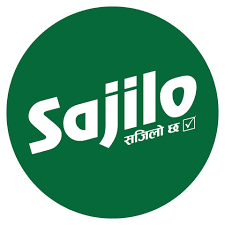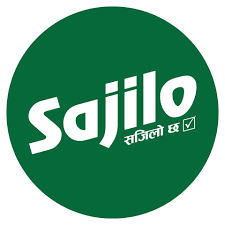Typically, governments provide advance notice when recalling ambassadors, following international norms to ensure diplomatic continuity and prevent vacancies.
The frequent rotation of ambassadors in Nepal, aligned with shifting political interests, is eroding the country’s diplomatic standing. The turnover reflects the rapid changes in government month by month.
Under the leadership of Pushpa Kamal Dahal ‘Prachanda’, the previous government recalled several ambassadors, including the ambassador to Cyprus, based on political realignment.
Former Prime Minister Dahal, who recalled ambassadors from 11 countries and nominated new ones for eight, is now in opposition.
Consequently, parliamentary hearings for ambassadorial appointments have halted with his departure from office.
Gagan Thapa, General Secretary of the ruling Nepali Congress, stated that the ambassadorial appointments are pending further discussions among the ruling parties.
Navraj Subedi represented Nepal in Saudi Arabia, Jyoti Pakurel in South Korea, Dilliraj Poudel in Malaysia, Sharmila Parajuli Dhakal in Spain, and Prof. Dr. Ramsuraj Yadav and Kanta Rizal in Israel.
He emphasized that final decisions on earlier nominations will only come after intra-party consultations.
Meanwhile, officials from the Ministry of Foreign Affairs declined formal comment, citing ongoing political transitions.
They indicated that decisions on ambassadorial appointments would be taken at the political level, marking the beginning of a new process.
This uncertainty has left previously nominated ambassadors in limbo.
The constitutional procedure dictates that ambassadors can only be appointed by the President after parliamentary hearings and the receipt of agreemo from the respective countries.
In early June, the then Dahal-led government recommended ambassadors for eight vacant posts, a decision ratified by the Council of Ministers.
The allocation of ambassadorial posts among coalition parties was discussed and finalized during meetings involving leaders from various political factions.
Following subsequent governmental changes, the Nepali Congress-UML coalition government has taken charge.
Dr. Arzu Rana Deuba, a Nepali Congress leader, now heads the Ministry of Foreign Affairs, signaling a renewed effort to resume the ambassadorial appointment process.
The Cabinet recommended former Chief Secretary Lokdarshan Regmi as well as ambassadors to America, Britain, Denmark, Spain, South Korea, Malaysia, and Saudi Arabia.
However, Sushil Pyakurel declined the post of ambassador to South Korea two days after the decision, citing lack of prior consultation regarding his appointment.
Earlier, the Cabinet had decided to recall ambassadors from several countries, including India, America, UK, Saudi Arabia, South Korea, Malaysia, Spain, Denmark, Israel, Qatar, and Portugal.
During that period, Dr. Shankar Sharma served as Ambassador in India, Shreedhar Khatri in America, and Gyan Chandra Acharya in Britain.
Navraj Subedi represented Nepal in Saudi Arabia, Jyoti Pakurel in South Korea, Dilliraj Poudel in Malaysia, Sharmila Parajuli Dhakal in Spain, and Prof. Dr. Ramsuraj Yadav and Kanta Rizal in Israel.
The then Sher Bahadur Deuba’s government had recommended Sharma for India, Khatri for the US, and Acharya for the UK.
Ambassador Bishnu Pukar Shrestha in China and Milan Tuladhar in Russia, appointed during Deuba’s tenure, were retained and not recalled by the subsequent government led by Pushpa Kamal Dahal.
Dr. Naresh Bikram Dhakal, appointed as ambassador to Qatar, was recalled.
Similarly, Sanil Nepal, appointed as ambassador to Portugal, was also recalled.
The Dahal government decided to maintain an embassy in Portugal and recommended Nepal’s appointment as ambassador.


